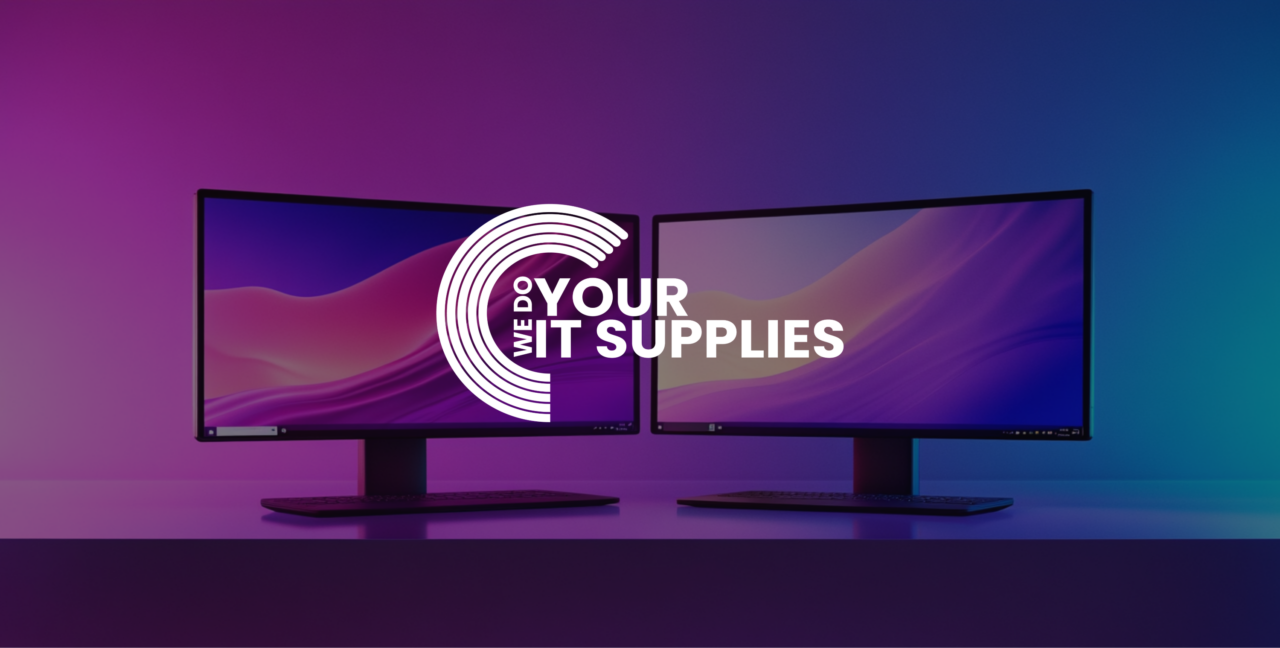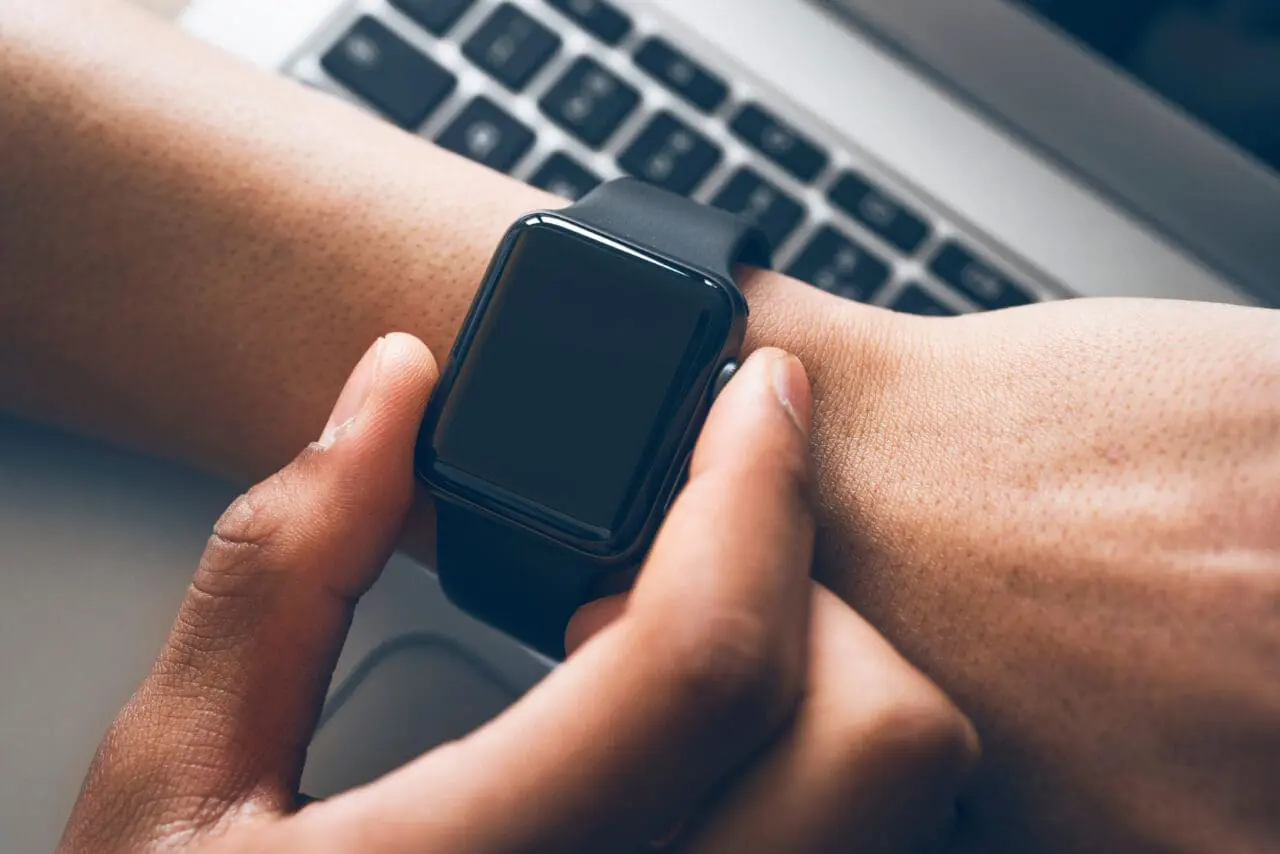

In a surprising turn of events, the popular wearable, the Apple Watch, was temporarily removed from the US market. This controversial decision came in the wake of patent infringement allegations by medical tech company, Masimo, leading to unprecedented scrutiny of Apple’s business practices.
The root cause of the hiatus was a legal tussle over the pulse oximetry sensors embedded in the Apple Watch. Masimo claimed that Apple had violated its patents, leading to a significant conflict about intellectual property rights in the medical tech space.
The ban on sales had major repercussions for Apple, disrupting their ability to capture market share with the latest version of the Apple Watch. Moreover, it raised questions about the potential impacts of patent disputes on the progress of technological innovation.
This dispute is a prime example of how third-party companies can challenge established tech giants. It underscores the importance of respecting intellectual property rights, and the potential roadblocks third-parties can pose to the expansion of the wearable tech industry.
The Apple Watch’s pulse oximetry feature has redefined health monitoring, but its legal entanglement could lead to future uncertainty. Consumers may find themselves caught in the crossfire of patent disputes, potentially impacting their access to innovative health tech.
The standoff between Masimo and Apple is of significant interest. Masimo’s patent infringement allegation and Apple’s subsequent response reveal much about business ethics and the importance of respecting intellectual property in the fast-paced tech industry.
While Apple and Masimo stand at the centre of this controversy, other players in the tech and health sectors are also affected. This case has far-reaching implications for the wider industry, drawing attention to the legal intricacies of patent disputes.
Despite the controversy, it is undeniable that the Apple Watch represents a significant step forward in personal health monitoring. Its innovative features, such as the pulse oximetry sensor, have revolutionised how consumers track their health and wellness.
This case elucidates the fine balance between innovation and respect for intellectual property. It underscores the crucial role of patents in fostering competition, shaping industry dynamics, and promoting fair practices in the tech sector.

This website uses cookies to improve your experience. Choose what you're happy with.
Required for the site to function and can't be switched off.
Help us improve the website. Turn on if you agree.
Used for ads and personalisation. Turn on if you agree.
This website uses cookies to improve your experience. Choose what you're happy with.
Required for the site to function and can't be switched off.
Help us improve the website. Turn on if you agree.
Used for ads and personalisation. Turn on if you agree.